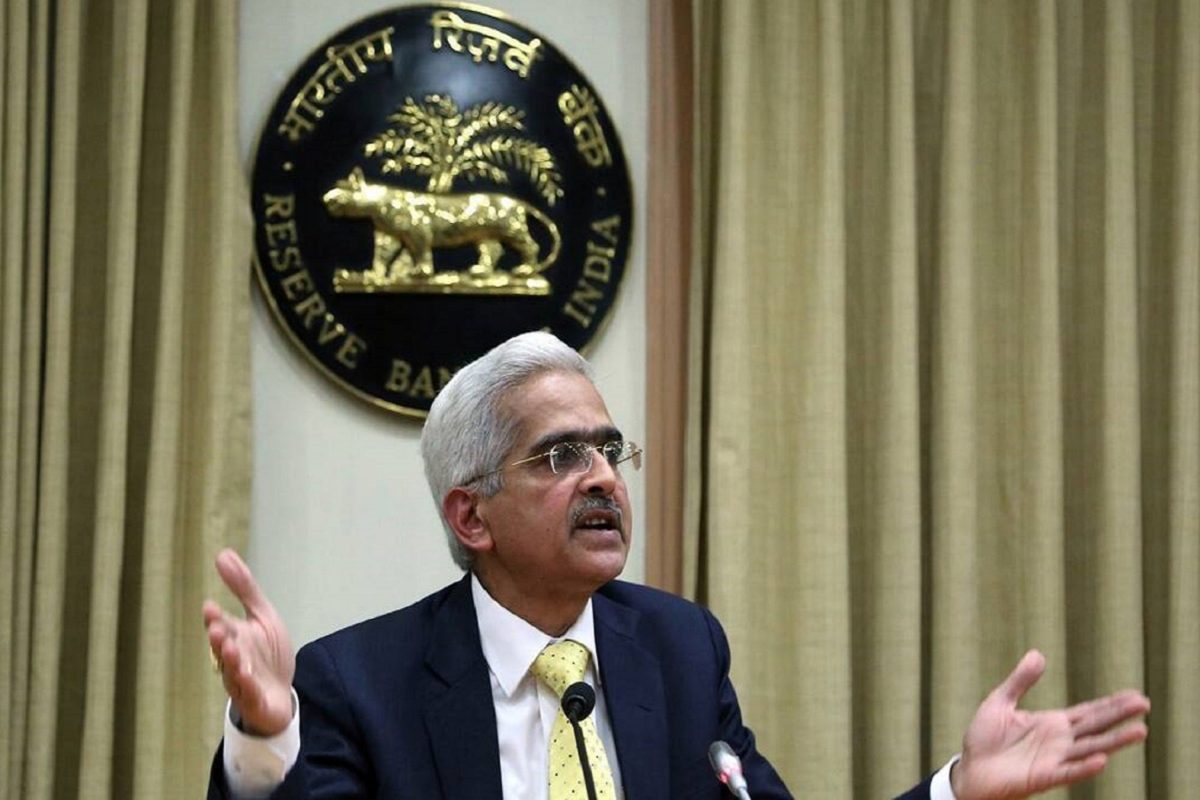Indian Banks Refuse to do Business With Local Crypto Exchanges Amid RBI Crackdown

Indian crypto exchanges continue to face the heat of regulatory uncertainty from the Indian central bank – Reserve Bank of India (RBI). As per the latest Reuters report, Indian crypto exchanges are struggling to secure viable and secure payments solutions for their customers to move funds.
Industry insiders told the publication that banks and payments gateways have once again started cutting ties with the exchanges. This move comes as the RBI recently released a statement noting that it doesn’t favor cryptocurrencies citing concerns over financial stability.
The local crypto exchanges are now struggling to cope and rather flooded with customer complaints all across social media. India’s key exchanges have been severely hit with transaction blockades. As a result, one of India’s oldest crypto exchanges has suspended immediate settlements. Avinash Shekhar, a co-chief executive of ZebPay told Reuters:
“Banks are reluctant to do business. We have been talking to several payment partners but the progress has been slow.”
Taking Help from Smaller Payment Gateways
As the established players aka payment gateways have suspended their service, crypto exchanges are seeking help from smaller players. At least two exchanges have joined hands with smaller payment processing firms Airpay. Besides, exchanges are also considering the option to build their own payment gateways.
Founder of one of the Indian crypto exchanges, who preferred to stay anonymous, noted:
“Partnership with the smaller payment processors has not emerged as stable yet, and is more of a temporary solution”.
However, the thing with smaller players as payment gateways is that they aren’t able to handle large volume transactions. Thus, it has resulted in frequent customer complaints.
The only other option is offering settlements using peer-to-peer systems. Moreover, popular crypto platforms like WazirX have been forced to stick to P2P payments on certain days. While exchanges like Vauld facilitate bank transfers with manual settlements. A CEO of another crypto exchange (remaining anonymous) said:
“Predictably, alternate transaction methods such as P2P have increased, which makes the market more inefficient and also exposes customers to the risk of fraud”.
Over 15 million investors in India invest in crypto with over 100 billion rupees ($1.34 billion) lying in the crypto wallets.
Play 10,000+ Casino Games at BC Game with Ease
- Instant Deposits And Withdrawals
- Crypto Casino And Sports Betting
- Exclusive Bonuses And Rewards

- Crypto Prices Today: BTC, ETH, XRP Prices Surge Despite Iran’s Strait of Hormuz Closure
- Nasdaq Brings Prediction Markets to Wall Street with New SEC Filing
- Is the Bitcoin Price Correction Really Over or Is This a Bear Market Trap?
- ‘Gambling Is Not Investing’: New Group Pushes Crackdown on Prediction Markets
- XRP News: Ripple Prime to Move Post-Trade Activity to XRPL via NSCC Link
- Top 5 Historical Reasons Dogecoin Price Is Not Rising
- Pi Coin Price Prediction for March 2026 Amid Network Upgrade, KYC Boost, Rewards Distribution
- Gold Price Nears ATH; Silver Eyes $100 Breakout on Us- Iran War
- Bitcoin And XRP Price As US Kills Iran Supreme Leader- Is A Crypto Crash Ahead?
- Gold Price Prediction 2026: Analysts Expect Gold to Reach $6,300 This Year
- Circle (CRCL) Stock Price Prediction as Today is the CLARITY Act Deadline

 Buy $GGs
Buy $GGs
















